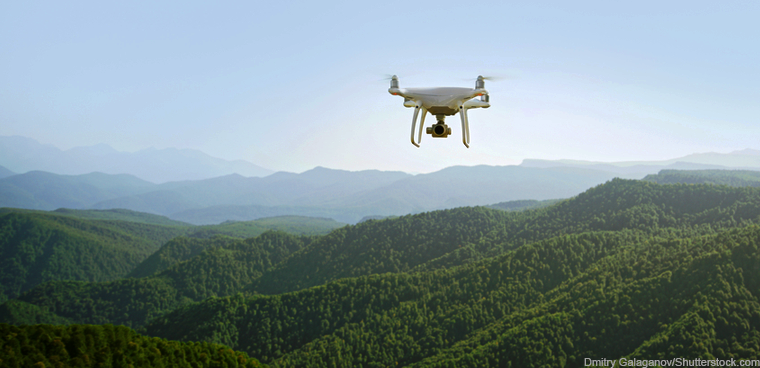Mississippi State University, ASSURE’s Lead University and Kansas State University Partner to Lead First Responder UAS Competition
Photo submitted by GCN
To advance the capabilities of unmanned aircraft systems for search and rescue, the National Institute of Standards and Technology has launched the First Responder UAS Triple Challenge.
The competition offers more than $700,000 in prize money and features three challenges aimed at advancing UAS technology:
The FastFind: UAS Search Optimized Challenge calls for participants to design, build and fly a complete UAS with improved image detection and enhanced navigation that can help responders locate missing persons in thick forested areas more quickly and from greater distances than is possible today.
The LifeLink: UAS Data Relay Challenge asks competitors to design, build and deploy a drone that can support the continuous broadband connectivity responders need for situational awareness – including voice, data, GIS and video communications — in places with degraded cellular coverage, such as heavily forested areas where responders are widely dispersed.
Shields Up! Securing UAS Navigation and Control Challenge aims to secure UAS control and navigation from cyberattacks on all types of UAS applications – from crime scene processing and infrastructure assessment to terrorism response. It asks participants to identify cybersecurity threats and develop and demonstrate countermeasures for open-source software that ensure an operator can retain flight control of a drone and its navigation.
Entries for all the challenges must be user-friendly, compact, lightweight, easily rechargeable and affordable for local responders.
The First Responder UAS Triple Challenge is being hosted by NIST’s Public Safety Communications Research Division and managed by Kansas State University, in partnership with Mississippi State University.
“Our goal at PSCR is to accelerate the development and adoption of advanced wireless communications for the public safety community,” Division Chief Dereck Orr said. “These prize competitions are a way for us to find solvers from around the world to help us with this important research.”
Entries will be accepted beginning Aug. 2, with multiple stages running through June 2022.
More information on the challenge is available here.
By GCN Staff

